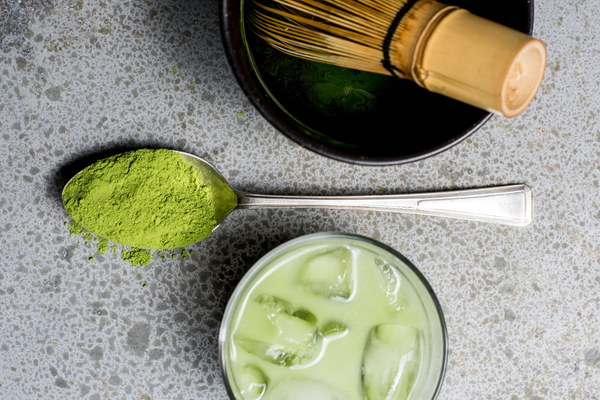Banishing Bad Breath A Guide to Liver Health and Oral Hygiene
Introduction:
Bad breath, also known as halitosis, can be an embarrassing condition that affects both our social lives and self-esteem. While many people associate bad breath with poor oral hygiene, did you know that it could also be a sign of liver problems? In this article, we will explore how liver health is interconnected with oral hygiene and provide you with practical tips on how to maintain a healthy liver and fresh breath.
Understanding the Liver-Oral Hygiene Connection:
The liver is a vital organ responsible for filtering toxins and waste from the bloodstream. When the liver is functioning optimally, it helps maintain a healthy immune system and supports overall well-being. However, when the liver is overburdened, it may struggle to filter out harmful substances, leading to a buildup of toxins in the body. This buildup can affect oral health, leading to bad breath and other oral issues.
1. Maintain a Healthy Diet:
A balanced diet rich in fruits, vegetables, whole grains, lean proteins, and healthy fats can help support liver health. Avoid excessive intake of processed foods, sugary drinks, and alcohol, as they can place an extra burden on the liver. Here are some dietary tips to consider:
- Incorporate liver-friendly foods such as beets, leafy greens, artichokes, and green tea into your diet.
- Drink plenty of water to flush out toxins and maintain a healthy liver function.
- Consume fiber-rich foods to aid in digestion and prevent constipation, which can contribute to bad breath.
2. Practice Good Oral Hygiene:
Proper oral hygiene is crucial for maintaining a healthy mouth and preventing bad breath. Follow these oral care practices:
- Brush your teeth at least twice a day with fluoride toothpaste, and don't forget to floss daily to remove food particles and plaque between teeth.

- Use a tongue scraper or brush to clean the tongue surface, as it can harbor bacteria and contribute to bad breath.
- Replace your toothbrush every three to four months, or more frequently if the bristles become frayed.
3. Regular Check-ups:
Regular dental visits can help detect and treat oral health issues that may contribute to bad breath. A dentist can also provide guidance on maintaining optimal oral hygiene and addressing any potential liver-related concerns.
4. Manage Stress:
Stress can affect both liver health and oral hygiene. Practice stress-reducing techniques such as meditation, deep breathing exercises, and physical activity to keep your liver and mouth in good shape.
5. Limit Alcohol Consumption:
Alcohol can be toxic to the liver, leading to inflammation and impaired function. Limiting your alcohol intake can help support liver health and reduce the risk of bad breath.
6. Quit Smoking:
Smoking can contribute to bad breath and increase the risk of oral health problems, including gum disease and tooth decay. Quitting smoking can improve your overall health and oral hygiene.
Conclusion:
Bad breath can be a sign of underlying health issues, including liver problems. By following these tips to maintain liver health and practicing good oral hygiene, you can banish bad breath and support your overall well-being. Remember, a healthy liver and a fresh breath go hand in hand for a happier and healthier life.









